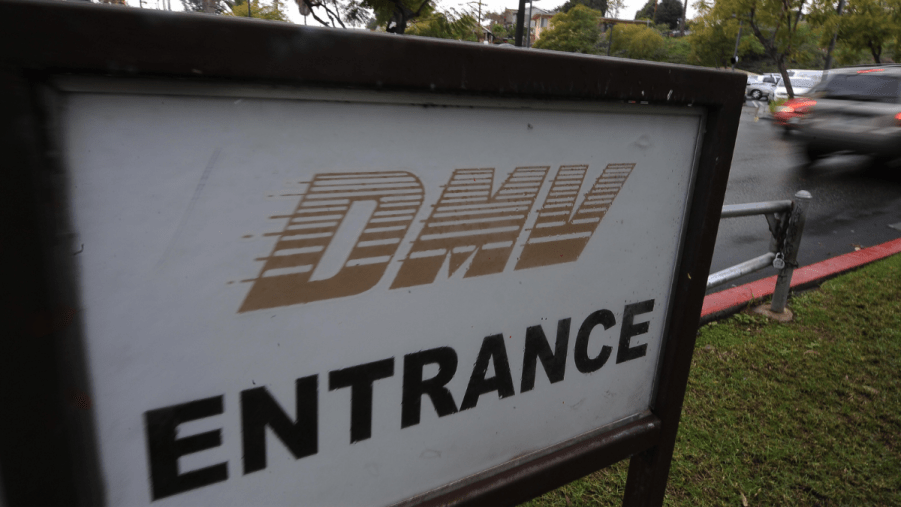
DMV Scam Tries to Steal Your Personal Information
Scams are more prevalent than ever, especially scams involving identity theft or the stealing of your personal information. Recently, a car-related smishing scam started circulating in Wisconsin in which the perpetrators send texts pretending to be the Department of Motor Vehicles (DMV), and then steal the personal information of unsuspecting victims.
Wisconsin DMV smishing scam with fraudulant text messages

When discussing problems associated with the DMV, people cite things like the long wait times, a high level of bureaucracy, poor customer service, and outdated technology. However, now there’s another problem, but it’s not the fault of the DMV.
As reported by TMJ4 Milwaukee, scammers pretending to be the DMV send text messages in the effort to obtain personal information. The Wisconsin DMV said that it “received multiple reports of fraudulent text messages,” also known as smishing or SMS smishing.
In the text messages, the scammers warn recipients with a text message that says, “Wisconsin Department of Motor Vehicle {DMV} requires you to validate your driver’s license details due to a security upgrade. Failure to validate your details may lead to the suspension of your license. Please validate your details below.” This message is followed by a link.
What happens when you click on the link in the DMV smishing scam text message?

If you click on the link of the fraudulent DMV text message, you’ll be directed to a fake DMV website that prompts you to fill out personal information, including your credit card number. Kristina Boardman, an administrator for the Wisconsin DMV, advised people about the smishing scam:
“Working with the Wisconsin DMV has never been easier, but customers always need to be vigilant online. Don’t reply or call the number from unknown texts. And don’t be fooled by panicky wording in the message. To be sure, you can always start at wisconsindmv.gov, give us a call, or drop us an email to confirm.”
– Kristina Boardman, administrator for the Wisconsin DMV
How to protect yourself from smishing scams
Every year, thousands of people are the victims of smishing scams. As detailed by IT Governance, “smishing is one of the fastest-growing cyber-threats, with as many as 84% of organizations encountering an attack” in 2020.
However, IT Governance suggests multiple ways in which you can protect yourself from becoming a victim of a smishing scam. This includes:
- Don’t automatically assume that a text message is legitimate just because it looks professional. While many smishing texts have poor grammar and typos, this is not always the case.
- Check the attached link without clicking on it. To do this, instead of tapping on the link, hold it. A pop-up will then display with the destination address of the link. If it’s not the official address of a company or organization, you’ll know that it is fake.
- Don’t give out any personal information in a text. The easiest way to avoid becoming the victim of a smishing scam is simply don’t give out any personal information. If it’s truly a legitimate message and it’s urgent, a company or organization will likely contact you again through another method, such as an email or a phone call.
- Visit the website of the company or organization. If you want to check the validity of a text message, you can head to the official website of a company or organization. If you have a personal account, and the text message is legitimate, you’ll likely receive a similar notification message on the website.
- Directly contact the company or organization. For absolute certainty, directly contact the company or organization via their official customer service telephone number, email address, or a secure message on their website. Don’t call the number from the original text message. When you contact the company or organization directly, a customer service representative can address the issue and verify if the text message is legitimate.
The Wisconsin DMV smishing scam is part of a worrying trend of the increasing prevalence of cyber-threats. However, by taking the necessary precautions, you can avoid becoming a victim.


